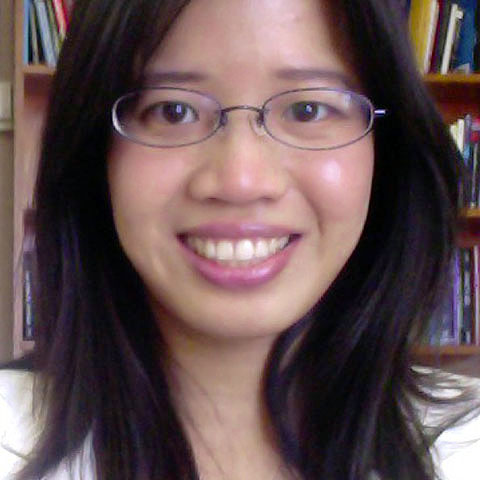KLI Colloquia are invited research talks of about an hour followed by 30 min discussion. The talks are held in English, open to the public, and offered in hybrid format.
Join via Zoom:
https://us02web.zoom.us/j/5881861923?omn=85945744831
Meeting ID: 588 186 1923
Spring-Summer 2026 KLI Colloquium Series
12 March 2026 (Thurs) 3-4:30 PM CET
What Is Biological Modality, and What Has It Got to Do With Psychology?
Carrie Figdor (University of Iowa)
26 March 2026 (Thurs) 3-4:30 PM CET
The Science of an Evolutionary Transition in Humans
Tim Waring (University of Maine)
9 April 2026 (Thurs) 3-4:30 PM CET
Hierarchies and Power in Primatology and Their Populist Appropriation
Rebekka Hufendiek (Ulm University)
16 April 2026 (Thurs) 3-4:30 PM CET
A Metaphysics for Dialectical Biology
Denis Walsh (University of Toronto)
30 April 2026 (Thurs) 3-4:30 PM CET
What's in a Trait? Reconceptualizing Neurodevelopmental Timing by Seizing Insights From Philosophy
Isabella Sarto-Jackson (KLI)
7 May 2026 (Thurs) 3-4:30 PM CET
The Evolutionary Trajectory of Human Hippocampal-Cortical Interactions
Daniel Reznik (Max Planck Society)
21 May 2026 (Thurs) 3-4:30 PM CET
Why Directionality Emerged in Multicellular Differentiation
Somya Mani (KLI)
28 May 2026 (Thurs) 3-4:30 PM CET
The Interplay of Tissue Mechanics and Gene Regulatory Networks in the Evolution of Morphogenesis
James DiFrisco (Francis Crick Institute)
11 June 2026 (Thurs) 3-4:30 PM CET
Brave Genomes: Genome Plasticity in the Face of Environmental Challenge
Silvia Bulgheresi (University of Vienna)
25 June 2026 (Thurs) 3-4:30 PM CET
Anne LeMaitre (KLI)
KLI Colloquia 2014 – 2026
Event Details

Topic description:
There is currently a great debate about whether the holobiont, i.e. a multicellular host and its residential microorganisms, constitutes a biological individual. We propose that resident microorganisms have a general and important role in the individuality of the host organism, not the holobiont. Drawing upon the Equilibrium Model of Immunity (Eberl 2016), we argue that microorganisms are scaffolds of immune capacities and processes that determine the constituency and persistence of the host organism. A scaffolding perspective accommodates the contingency and heterogeneity of resident microorganisms while accounting for their necessity and unifying contributions to host individuality. In our symbiotic view of life, holobionts may not be organisms or units of selection, but macroorganisms cannot persist nor function without their scaffolding microorganisms.
Biographical note:
Lynn Chiu is a philosopher of biology and science working as a postdoc researcher at the ImmunoConcept Lab of University of Bordeaux/CNRS, funded by the ERC Starting Grant “Immunity, DEvelopment and the Microbiota (IDEM): Understanding the Continuous Construction of Biological Identity” (PI: Thomas Pradeu). Her current work is on the construction of biological individuals at the intersection of host-microorganism interactions. She earned her PhD in philosophy at the University of Missouri–Columbia in December 2015. Her dissertation concerned the challenges niche construction and ecological developmental biology bring to dispositional accounts of fitness and adaptationism.


